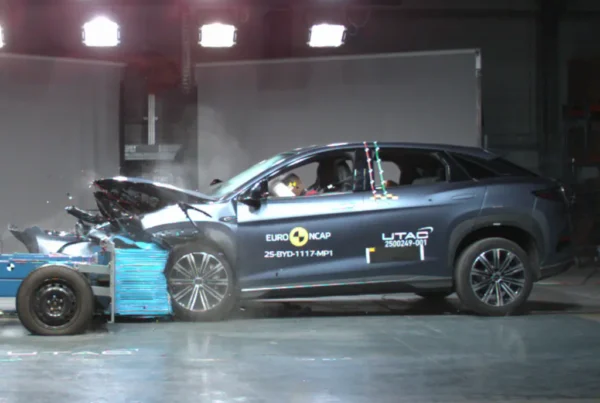The Morrison government has today revealed it won’t be providing European style incentives for electric vehicles any time soon, citing they don’t “represent value for taxpayer money”.
Details of the plan have been revealed in a new discussion paper titled Future Fuels Strategy and provides no mention of a fuel emission standard or target – leaving Australia as one of the only developed countries worldwide without one.
“The high cost of abatement for electric vehicles will decline as the upfront price of battery electric vehicles reduces,” the discussion paper said.
“Providing government subsidies for battery electric vehicles at this high cost would not represent value for money for taxpayers.”
As part of the discussion paper, the government is calling for industry and stakeholder submissions until April 2, which in turn will outline the final strategy it hopes to unveil by mid 2021.
The discussion paper outlines how the government will focus on five priority initiatives which include:
- Electric Vehicle (EV) charging and hydrogen refuelling infrastructure where it’s needed
- Early focus on commercial fleets
- Improving information for motorists and fleets
- Integrating battery EVs into the electricity grid; and
- Supporting Australian innovation and manufacturing.
Energy Minister Angus Taylor has argued that the future of road transport in Australia will require a variety of vehicle technologies and fuels.
“Australians are already making the choice to switch to new vehicle technologies where it makes the most economic sense, with hybrid sales doubling last year,” Mr Taylor said.
“We are optimistic about how quickly the technology cost will reduce for other electric vehicles compared to traditional cars, making it an easier choice for consumers.”
“Importantly, this discussion paper shows that closing this gap through subsidies for new technology vehicles is not value-for-money for taxpayers and is an expensive form of abatement. Depending on the vehicle type and use, this would cost up to $747 per tonne of carbon dioxide equivalent or up to around $8,000 over the life of a vehicle. Fleets is where this gap will close first.”
But the plan has been savaged by many EV advocates across the industry, with Electric Vehicle Council Chief Executive Behyad Jafari heavily criticising the move.
“Global leaders from (Joe) Biden to Boris (Johnson) are rushing to accelerate their transition to electric vehicles, but Angus Taylor reckons he knows something they don’t,” Mr Jafari said.
“A rapid transition to electric vehicles would clean our city air, drastically reduce our carbon emissions, and free us from our insecure dependence on foreign oil imports. Mr Taylor is apparently happy to leave all those benefits on the table and cement Australia’s reputation as the world’s transport tech laggard.”
The full Future Fuels Strategy: Discussion Paper is available for download here.



















